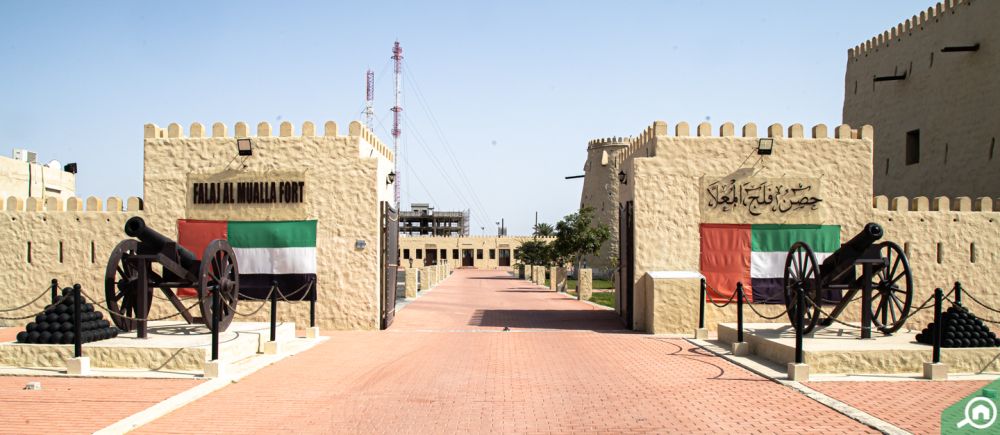

The Falaj Al Mualla Fort, situated in the Emirate of Umm Al Quwain, is a historical site that has witnessed the rich history of the United Arab Emirates (UAE). While the exact date of the fort’s construction remains uncertain, it is believed to date back to the 19th century. Originally, the fort served as both a defensive stronghold and a home for the local ruler. Over time, Falaj Al Mualla Fort has withstood the trials of time to become a symbol of Emirati heritage and culture.
Tourism in Umm Al Quwain, and particularly at the Falaj Al Mualla Fort, has not always been in the spotlight compared to other more flamboyant attractions in the UAE. However, the Emirates' overall push to diversify their economies and promote cultural tourism has led to a gradual increase in interest in historical sites such as this fort.
In recent years, the UAE has made significant investments in preserving its archaeological sites and making them accessible to tourists. With the fort's status as a historical monument, it has attracted history enthusiasts and those looking to explore the quieter, more cultural side of the UAE.
The latest tourism trend in Umm Al Quwain has been the development of eco-tourism and sustainable travel experiences. The emirate is promoting its natural reserves, like the mangroves of Khor Al Beidah and the unique fauna of the area, which appeals to nature lovers and bird watchers.
Additionally, there is an increasing trend in the promotion of heritage tourism, with greater emphasis being placed on the region's rich history and cultural sites, including forts like Falaj Al Mualla, as well as museums and local cultural experiences.
Adventure tourism is also on the rise in Umm Al Quwain, with activities like kayaking, sailing, and skydiving, which attract a different demographic of tourists seeking thrills beyond the traditional historical and cultural visits.
When visiting the Falaj Al Mualla Fort today, guests can appreciate the traditional architecture that reflects the ways of life of the people who lived there. Although the fort is lesser-known compared to its counterparts in more popular emirates, it offers a serene, authentic experience of the UAE's past for visitors.
Tourists can also enjoy amenities such as guided tours that provide context and recount the stories of the fort's significance, adding depth to the overall experience.
As the UAE continues to develop its tourism offerings, we expect to see even more emphasis on preserving and sharing its historical wealth with visitors from all over the world. Falaj Al Mualla Fort is just one of the many sites where this commitment to heritage and history can be observed.